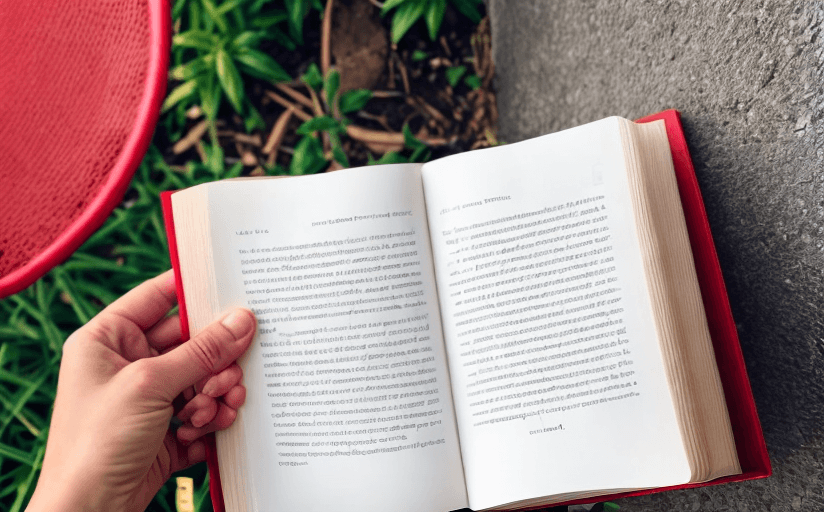Exploring the Use of Offensive Language in Literature throughout History
In literature throughout history, offensive language has been used as a tool to express ideas and spark conversations about difficult or controversial topics. This type of language can range from profanity to slurs and hate speech, and its inclusion in literature can be powerful, yet off-putting for readers. In this article, we will analyze the various types of offensive language used in literature and discuss why authors may include it in their works. Additionally, we will consider the potential effects of using offensive language in literature and how it may affect our perception of the literature. Finally, we will explore the potential benefits of including offensive language and how it can provide an effective platform for exploring societal issues.
Types of Offensive Language in Literature
Throughout history, authors have used a variety of offensive language in their works. This can include anything from profanity, to slurs, to hate speech. Profanity is a type of language that is considered socially unacceptable and offensive, such as the use of swear words or vulgarity. Slurs are terms used to disparage or insult people based on their race, gender, religion, or other characteristics. Finally, hate speech is language that is used to express prejudice or discrimination against a particular group of people.
Why Authors Include Offensive Language in Their Works
Authors may include offensive language in their works for a variety of reasons. For example, some authors may use offensive language to shock the reader or to spark a conversation about difficult or controversial topics. Additionally, some authors may use offensive language to accurately capture the language that is used in certain environments or to reflect their own experiences. Regardless of the reason, the use of offensive language is often meant to convey a powerful message or to evoke an emotional response from the reader.
Effects of Offensive Language in Literature
The use of offensive language in literature can have both positive and negative effects. On one hand, the use of offensive language can provide an effective platform for exploring difficult or controversial topics, as well as provide an accurate representation of language used in certain environments. On the other hand, the use of offensive language can be off-putting for some readers and can lead to a negative perception of the literature. Additionally, the use of offensive language can be seen as a form of oppression or discrimination, which can be damaging to certain groups of people.
Benefits of Including Offensive Language
Despite the potential negative effects of using offensive language in literature, there are also potential benefits. For example, the use of offensive language can highlight the power of language and its ability to evoke emotions. Additionally, it can be a useful tool for exploring difficult topics and challenging societal norms. Finally, it can provide an effective platform for sparking conversations and promoting empathy.
Conclusion
In conclusion, offensive language has been used in literature throughout history as a tool to express ideas and spark conversations about difficult or controversial topics. While this type of language can be off-putting for some readers, it can also provide an effective platform for exploring societal issues. Ultimately, it is up to the author to consider the potential effects of including offensive language in their work, and to decide if it is an appropriate and effective way to convey their message.



















Comments
Leave a Comment